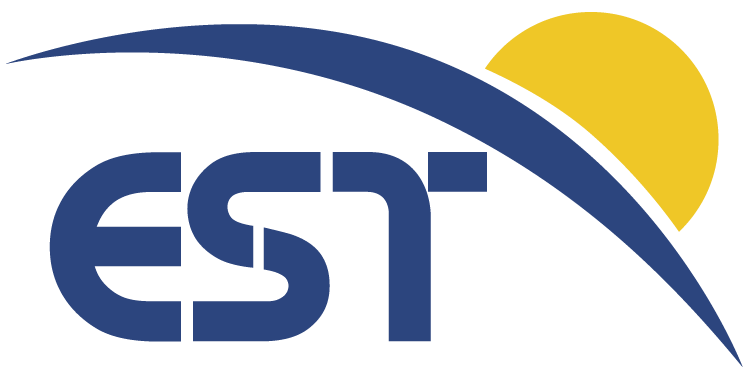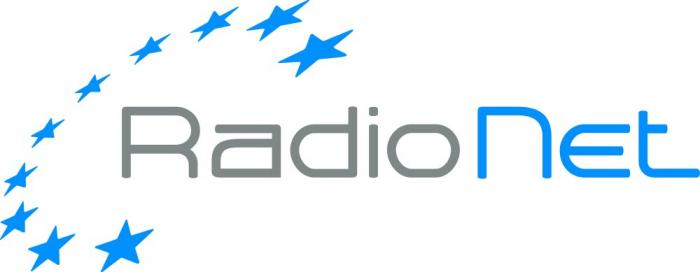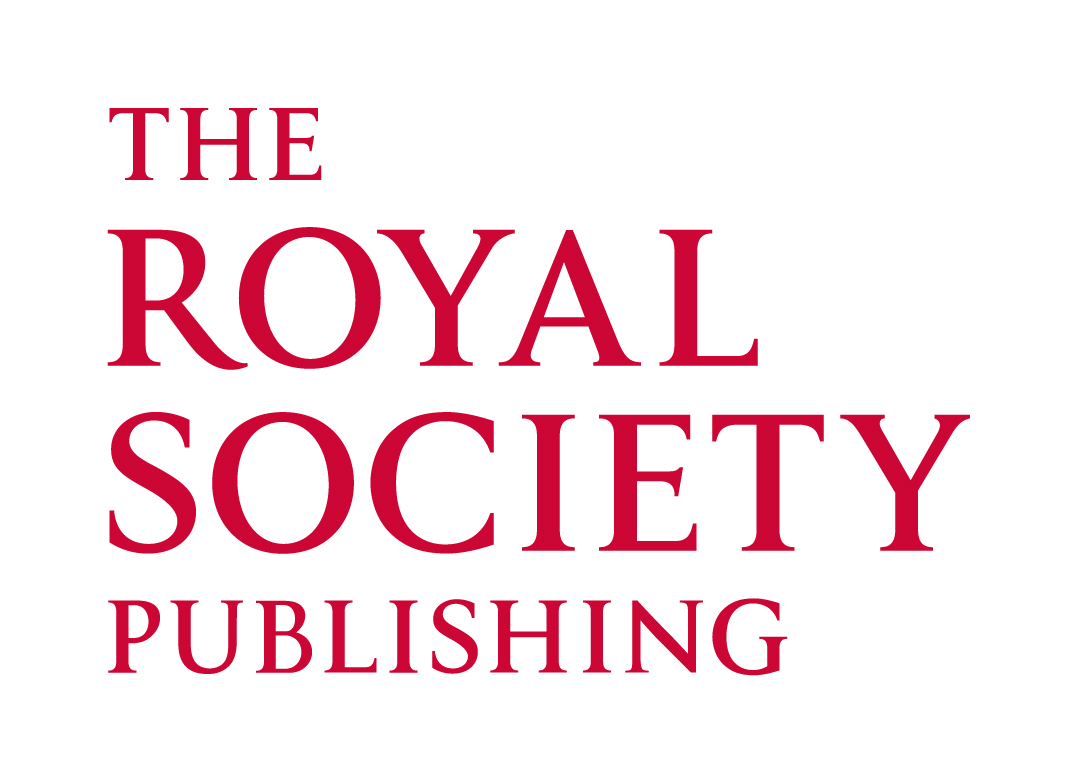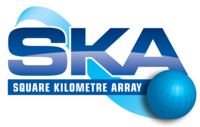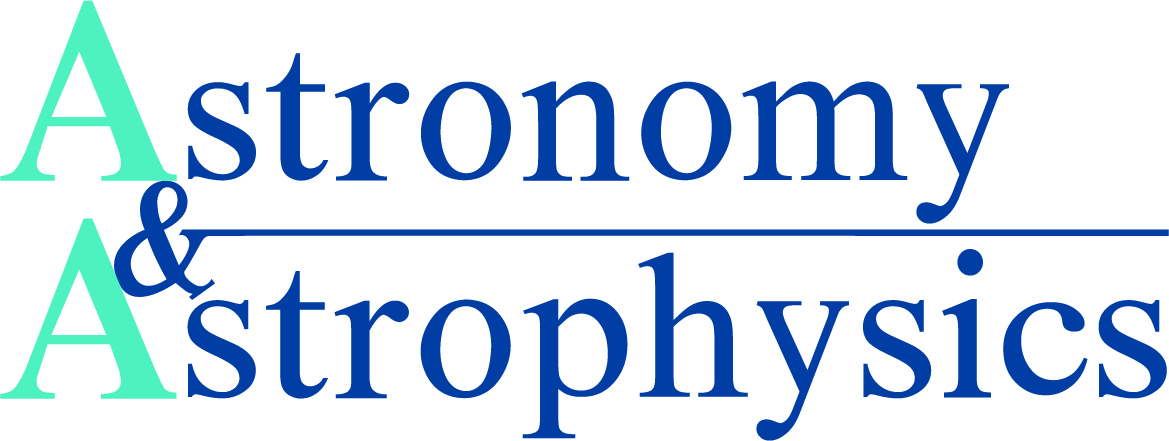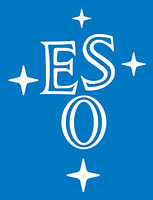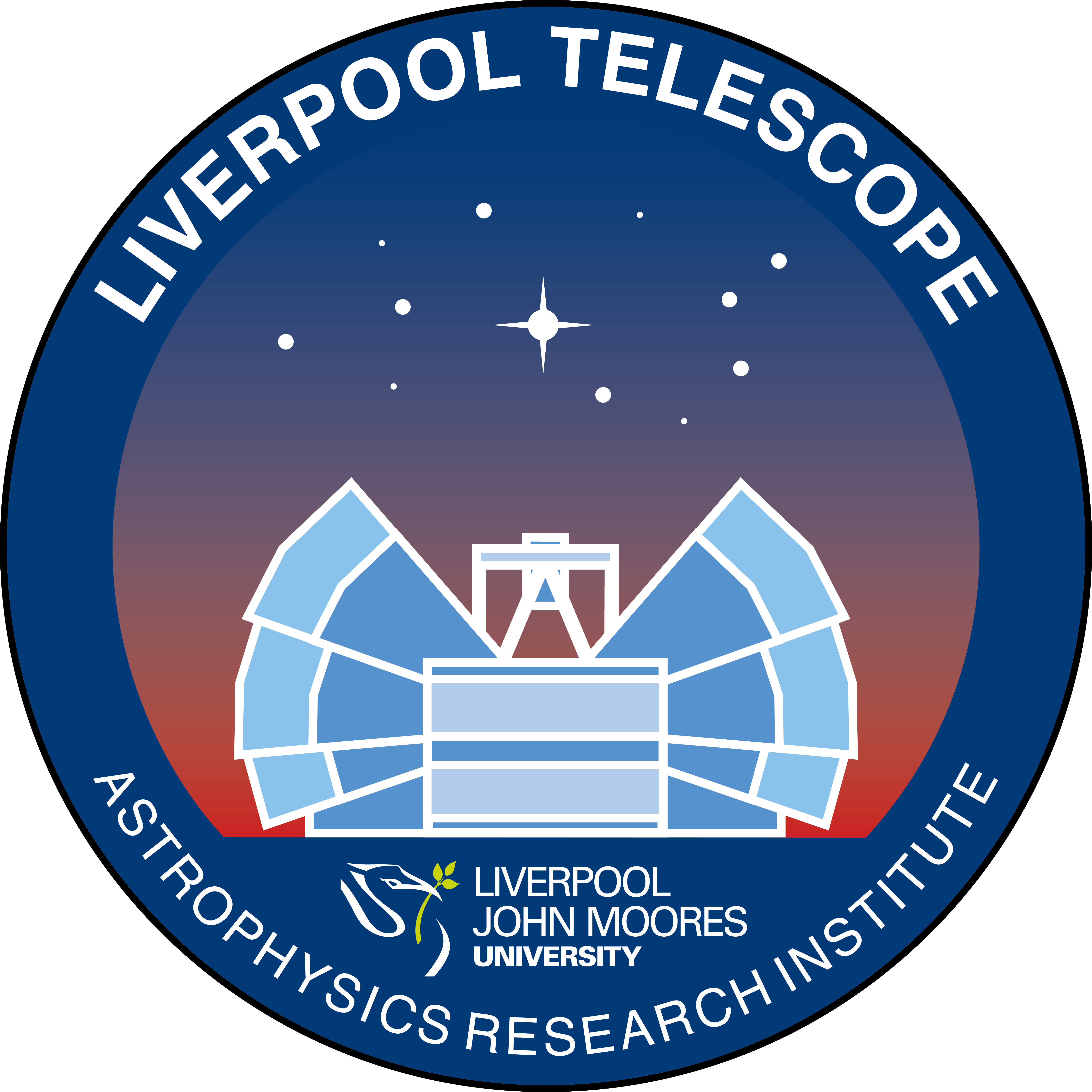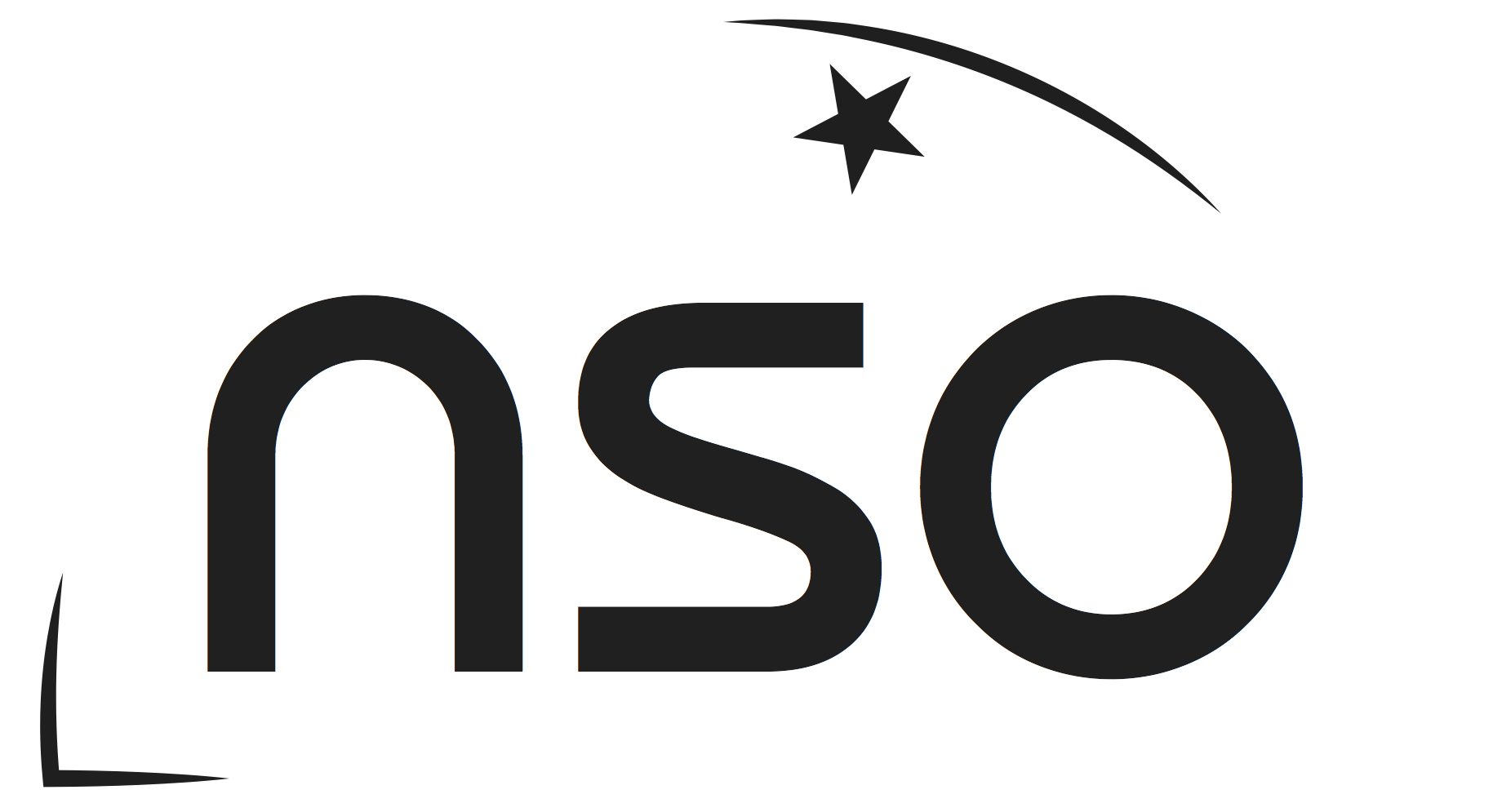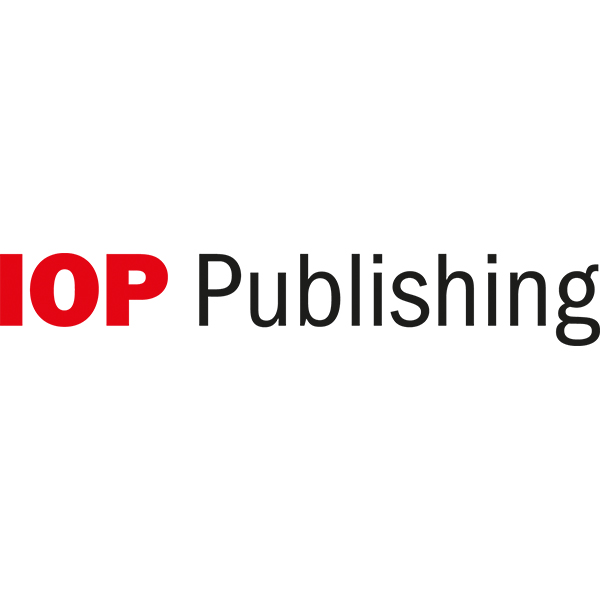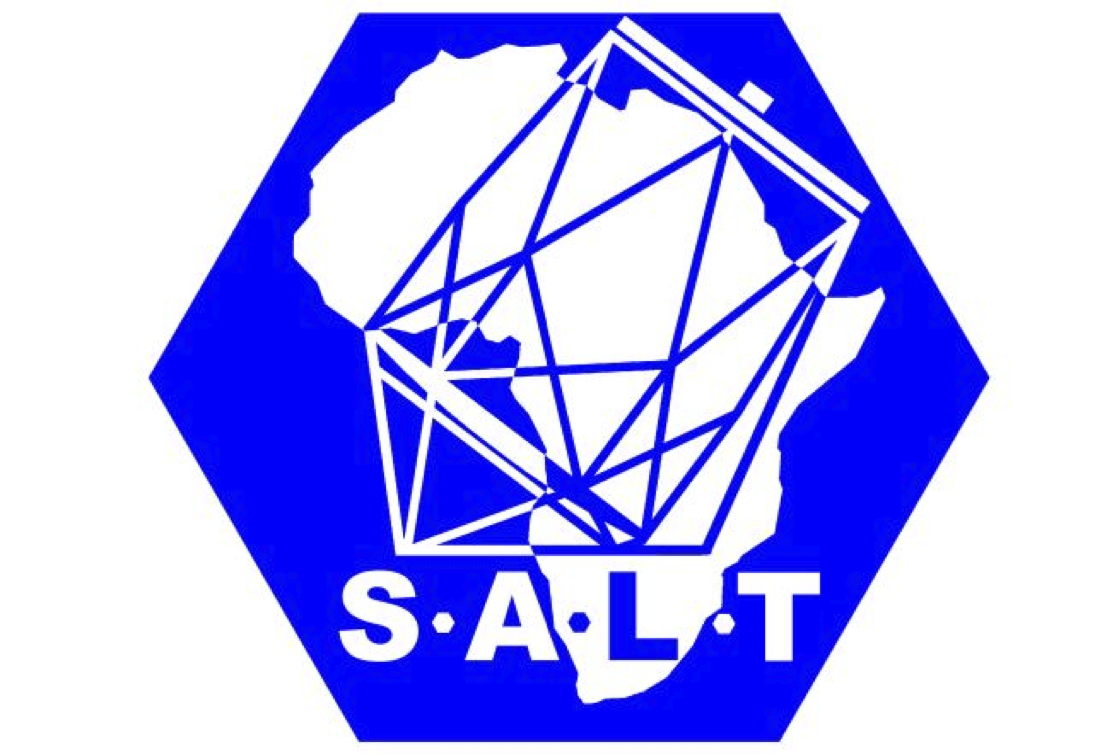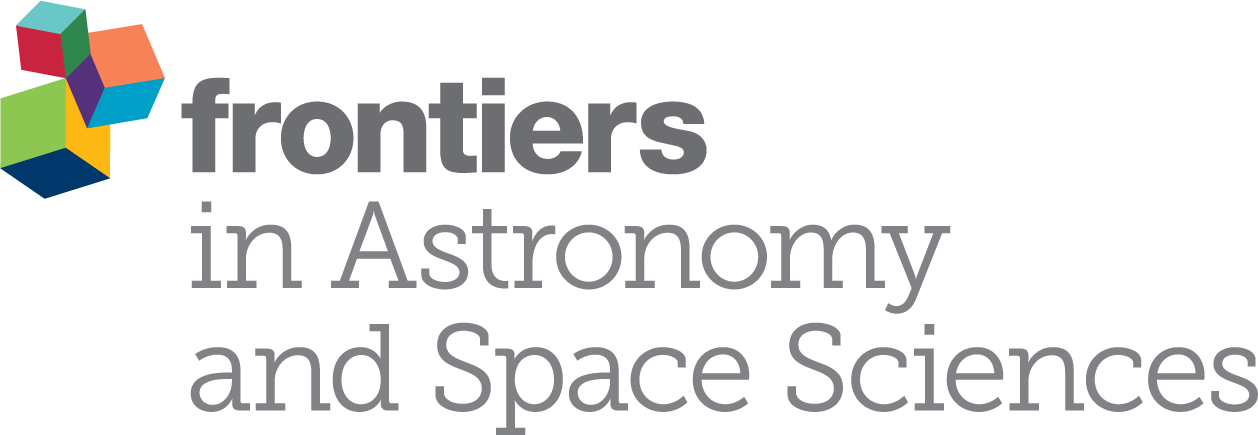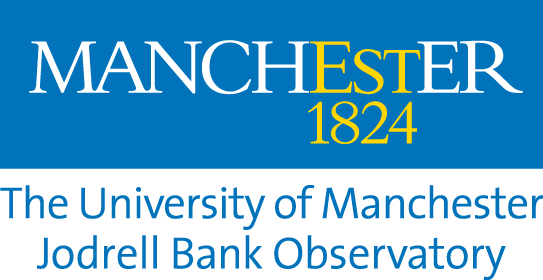Special Session SS17
5 April 2018
Making the case for European astronomy and space science: public and political engagement
Aims and scope
This session brings together astronomers, science communicators, decision makers, and policy makers to share experiences, strategies, best practice and evaluation procedures to ensure that public and political engagement activities are meaningful and have impact.
The session will encourage discussion on types of engagement and platforms for fostering dialogue with external communities. Social media and online tools provide greater than ever opportunities for dialogue with members of the public and the direct involvement of the taxpayers that ultimately pay for astronomy facilities and the science carried out with them. However, a presence on social media needs a significant investment of time, and public engagement activities are often carried out by small teams or volunteers. With the body of experience that has now been gained by practitioners, what lessons could be learned about when the use of social media is genuinely merited and when other forms of communication might be a more effective use of resources? Can the use of particular channels be optimised to reach target audiences? Is a social media presence now an essential part of a public engagement strategy?
The role of experts and public confidence in their views were openly questioned in the lead up to the EU referendum in the UK. At the time of writing, a year on from the Brexit result, the scientific community has - as yet - had little impact in addressing these issues and is still struggling to find effective ways of making the case that science should have a significant voice in discussions.
We will consider attitudes to science communication within the astronomy community and whether there is still a prevalence of a 'deficit model' approach, in which the underlying belief is that if only people knew more about science they would be more supportive. While overall, emphasis in developing engagement strategies may have shifted from addressing deficit to fostering public dialogue, what does research from the public understanding of science field tell us about the impact of these models of communication?
Finally, we invite discussion on what evaluation tools are available to provide meaningful qualitative and quantitative assessment of the impact of outreach activities to the public and policy makers. How much are current engagement efforts are directed at 'preaching to the choir'? How can our community genuinely and effectively reach out to wider audiences and people with lower science capital -- whether taxpayers or people in power?
Programme
Invited speakers
- Clare Moody MEP
- Terry O'Connor (STFC) - Why should they care? Engaging political audiences with frontier science
- Nathalie Meusy (ESA) - ESA Citizens' Debate
Scientific organisers
Robert Massey (Royal Astronomical Society)
Anita Heward (Europlanet 2020 Research Infrastrucutre)
Karen O'Flaherty (European Space Agency)
Mike Bode (European Astronomical Society)
Contact
Contact: anita.heward @ europlanet-eu.org
Updated on Thu Nov 30 11:02:48 CET 2017
|
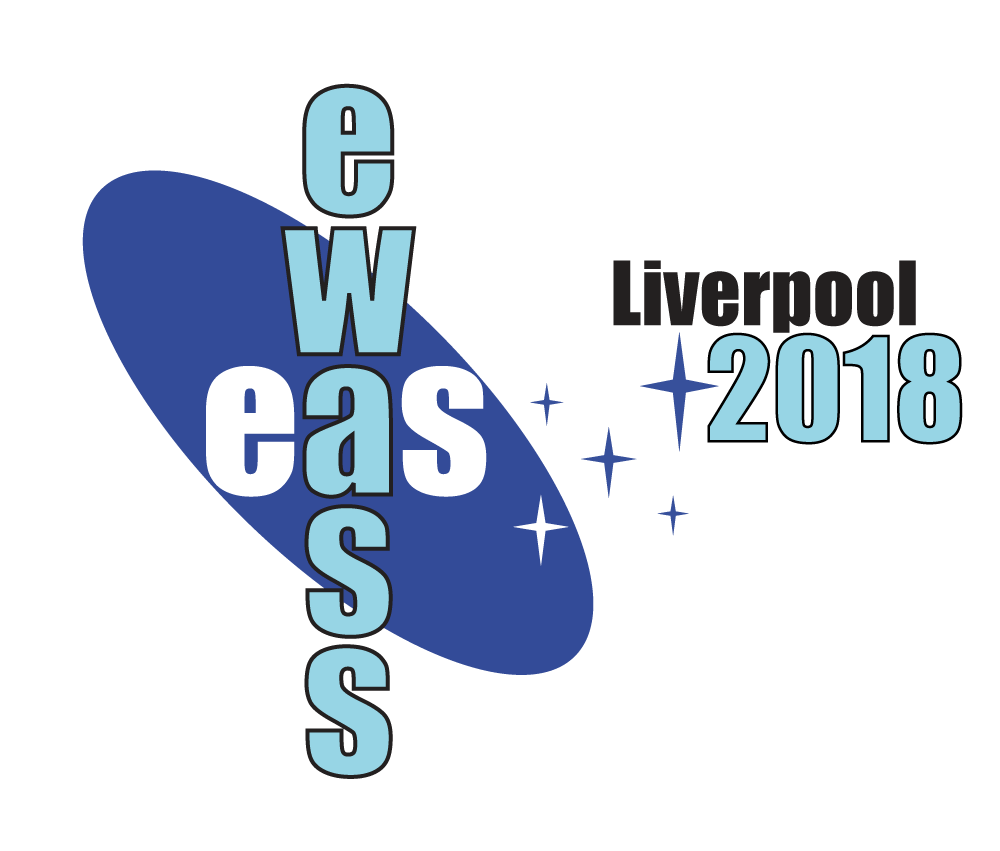
 A power cut will shut down all EAS services on Tuesday, 10 January 2017 starting at 7:30 CET.
A power cut will shut down all EAS services on Tuesday, 10 January 2017 starting at 7:30 CET.






